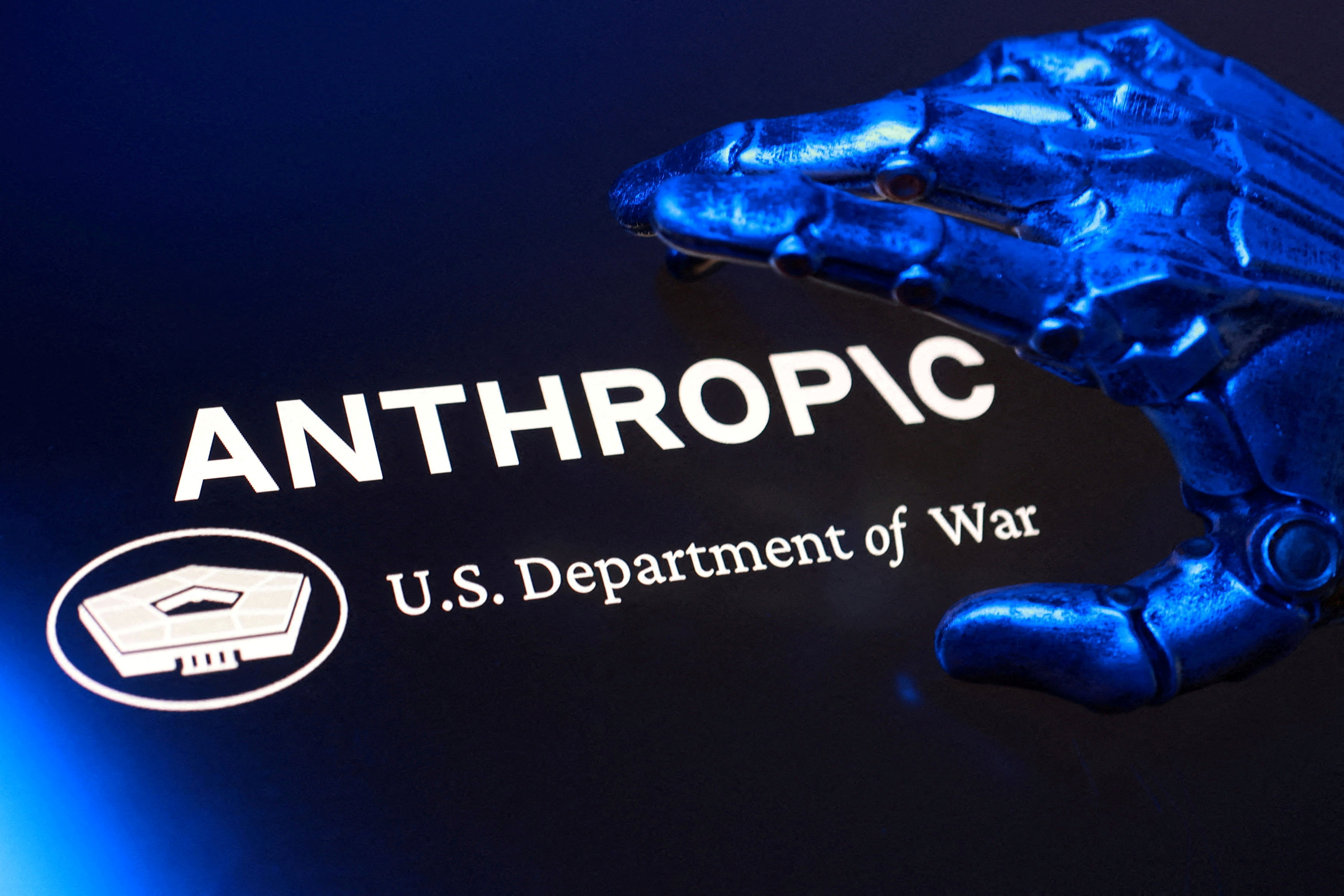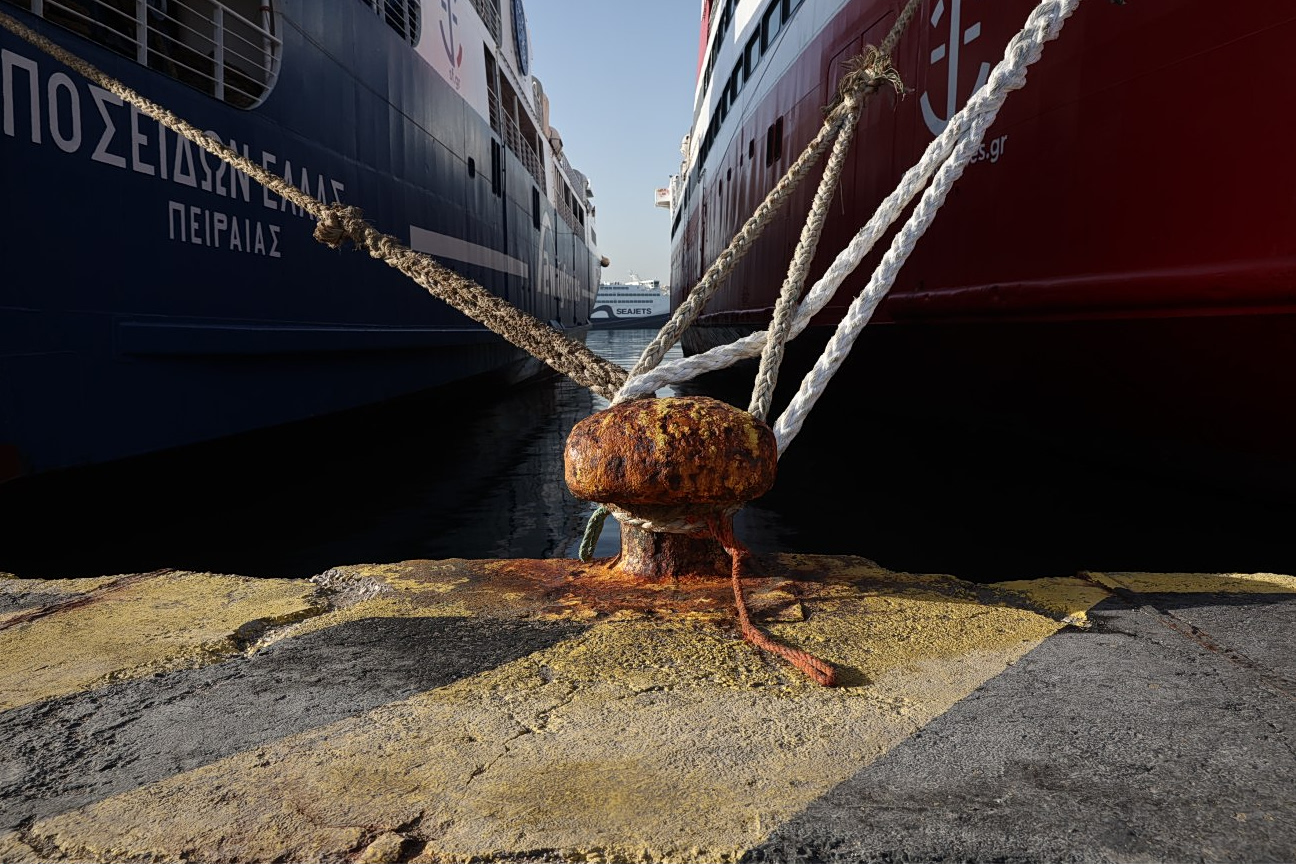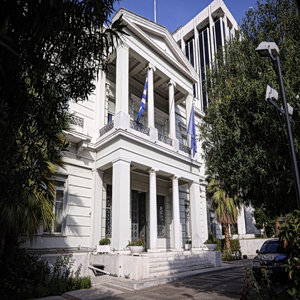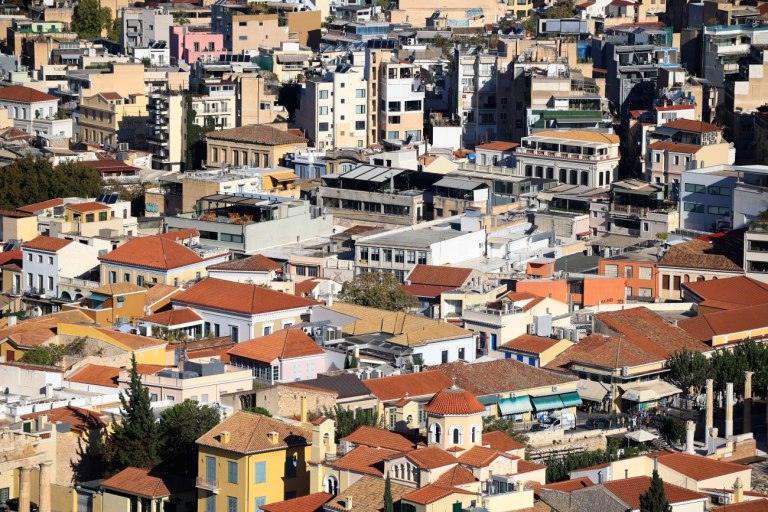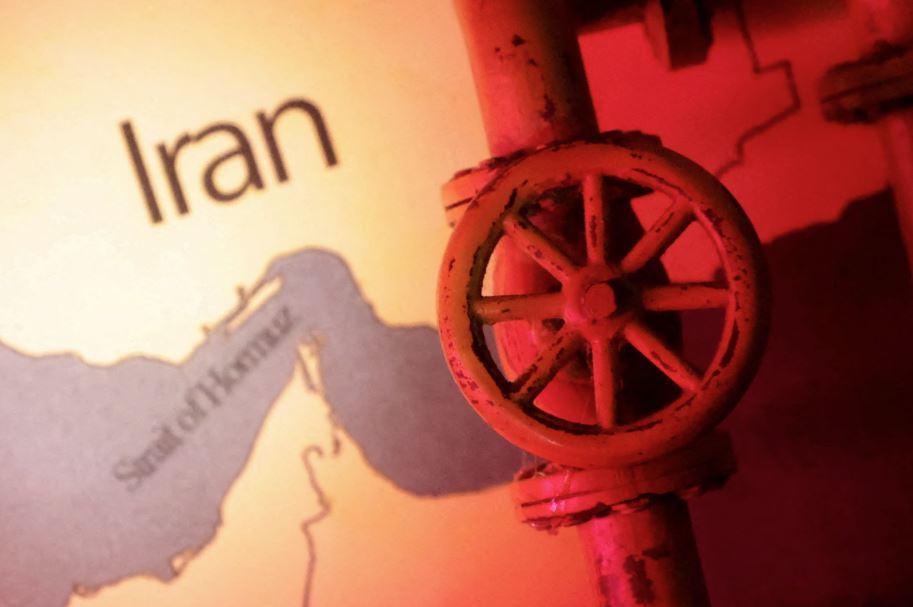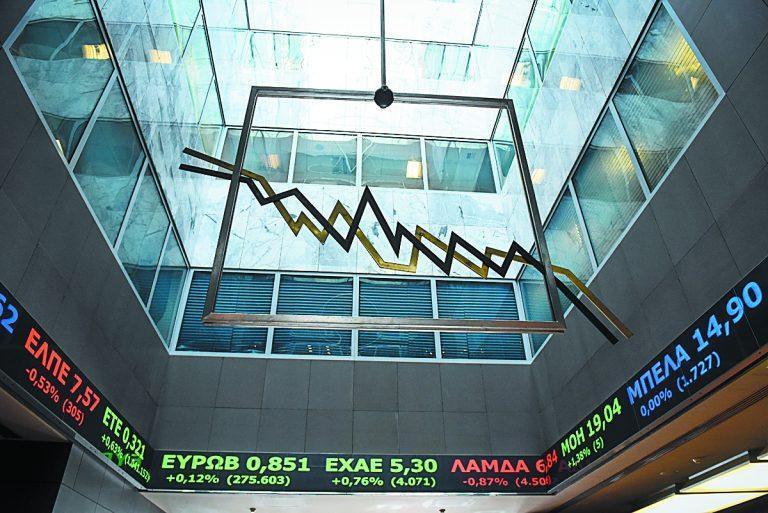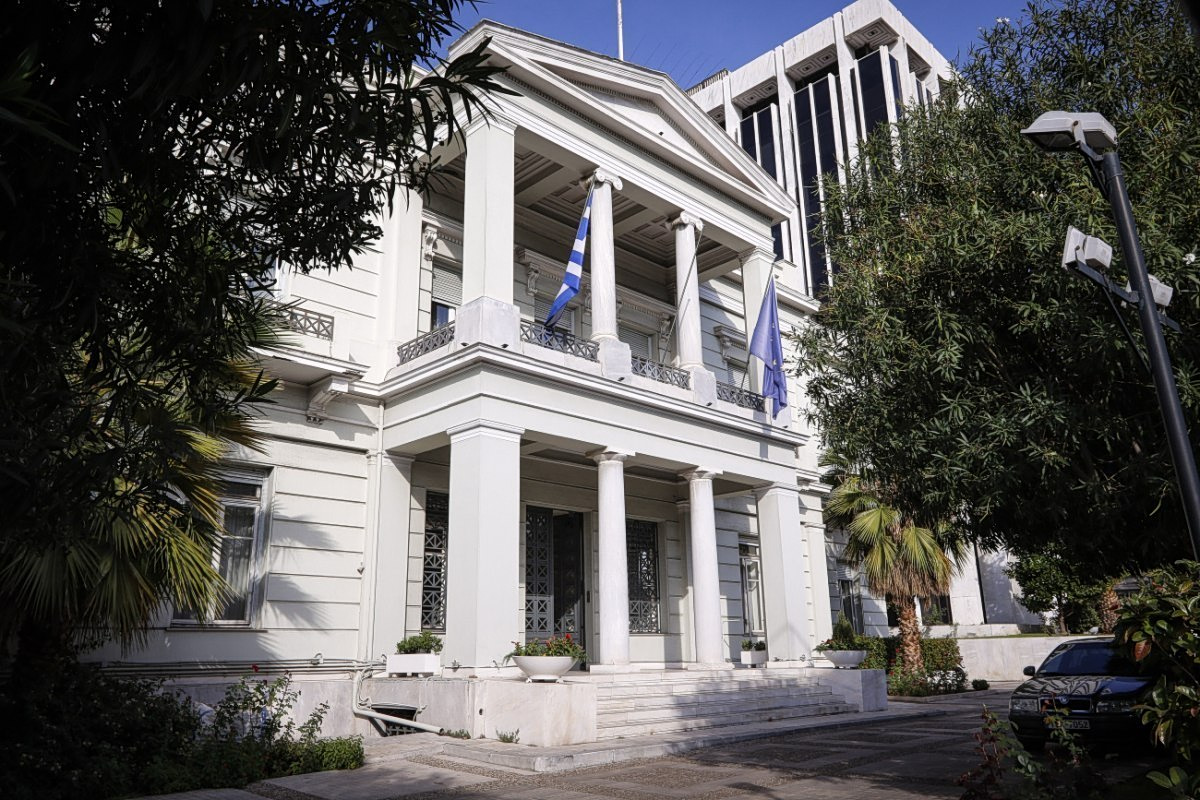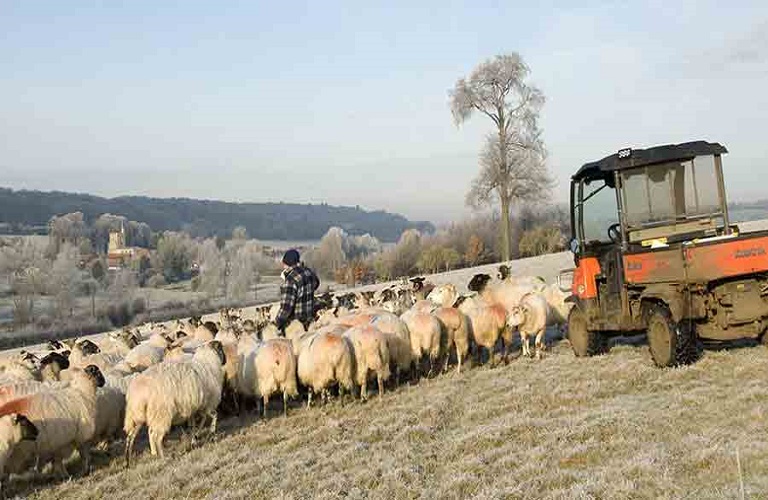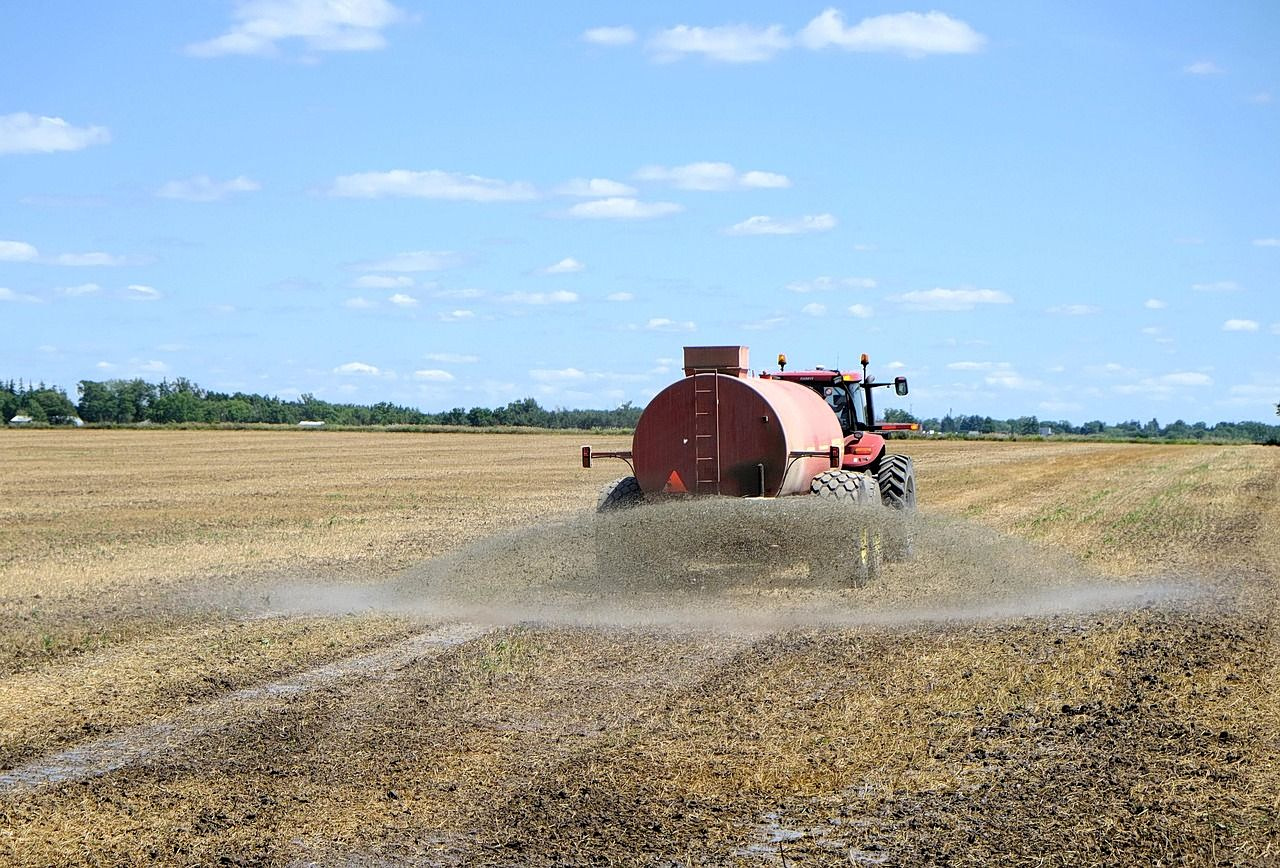The Minister of Rural Development and Food, Mr. Spilios Livanos, referred to the prospects of the Greek agricultural economy based on its time course in the 200 years since the Greek revolution and the data created by its participation in the EU at the presentation of a publication of Piraeus Bank entitled “The agricultural sector in Greece – 200 years of history – Challenges and prospects”, which was written by Messrs. Panagiotopoulos, Tsimpoukas, Nellas and Haroutounian.
This is a study that offers the reader an extremely concentrated knowledge of the entire modern course of the Greek primary sector and the position of farmers over the years. In addition, it concludes with interesting and remarkable proposals for the harmonization of Greek agriculture with the harsh modern world requirements.
Referring to the authors’ report that for many decades the agricultural profession remained a given state of social existence to which farmers were subjected due to lack of other credible options, Mr. Livanos stressed that the goal of himself and the government is now to do the opposite: agricultural profession should not be submissive to the lack of choices but a conscious choice of life and business action “.
And as he stressed, he is convinced that this will be achieved only if the priorities set by the Ministry of Agriculture through the National Strategy for the agri-food sector and the implementation of the new CAP are implemented.
Mr. Livanos began his speech by congratulating Piraeus Bank, the President Mr. Hantzinikolaou and the CEO, Mr. Megalou, as well as the authors, for this wonderful publication and referred to their fruitful cooperation. within the responsibilities of the ministry.
He then stressed that the data presented in the book are “extremely useful for every citizen who wants to know this side of the history of Greece” and referred to the important role of farmers in our country as, as he characteristically said “were and are the heart of our economy. The soul of our own homeland “.
He spoke in support of the US Alliance, but said that maintaining some independence was important for Russia. network of reform policies.
He said characteristically:
“It is a fact that our country’s accession to the European Union has had a greater impact on agricultural production than any other factor. Even compared to national catastrophes and wars and economic crises. The implementation of the CAP and the rules or restrictions imposed by the EU determine to a great extent the direction of our agricultural production.
It is aptly noted in the book that “in the last forty years, which coincide with the implementation of the CAP in Greek agriculture, great changes have been observed”. From the country’s accession to the then EEC onwards, agricultural production could possibly have taken on a different character.
However, the non-developmental absorption of funds and subsidies, the expansion of the public sector and the distorted mentalities of that period, led to the loss of many – and important – opportunities that other countries took advantage of to strengthen their rural economy.
Mr. Livanos made an extensive reference to the priorities of his Ministry as recorded in the National Strategy for the agri-food sector and in the CAP and noted that the vision of the ministry is:
• the upgrading of the position of the Greek farmer and the identification of the primary production with the modern identity of the Greek in the 21st century,
• highlighting the relationship between Greek products and the Greek diet with health, well-being and longevity; and
• linking production with processing, marketing, branding and exports.
In closing, he noted:
“No one should assume any public position related to the primary sector and especially the position I am in today, the Minister of Rural Development and Food – after all, there is no permanence in politics! – unless he first reads this study, this book. It is a valuable guide, a code of knowledge, opinion and leadership, for the exercise of agricultural policy in our country “.

